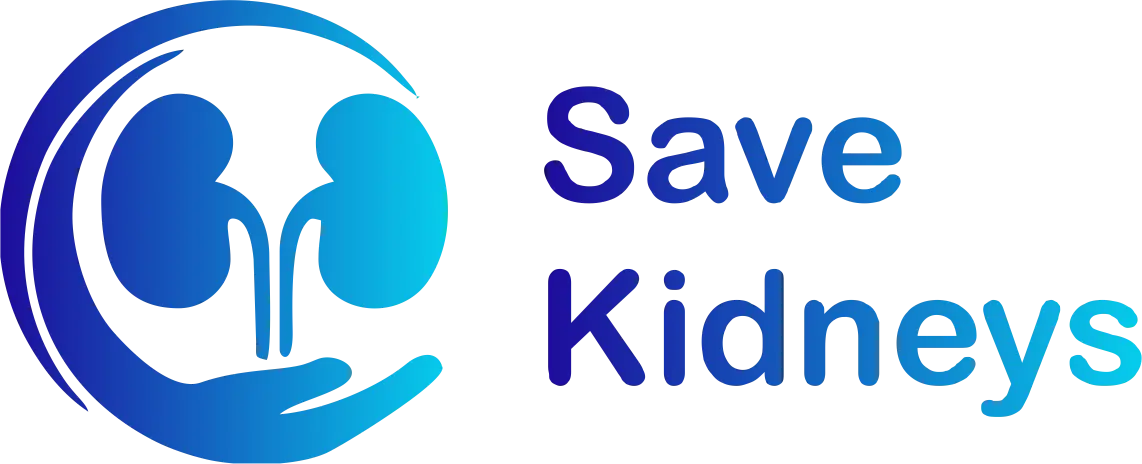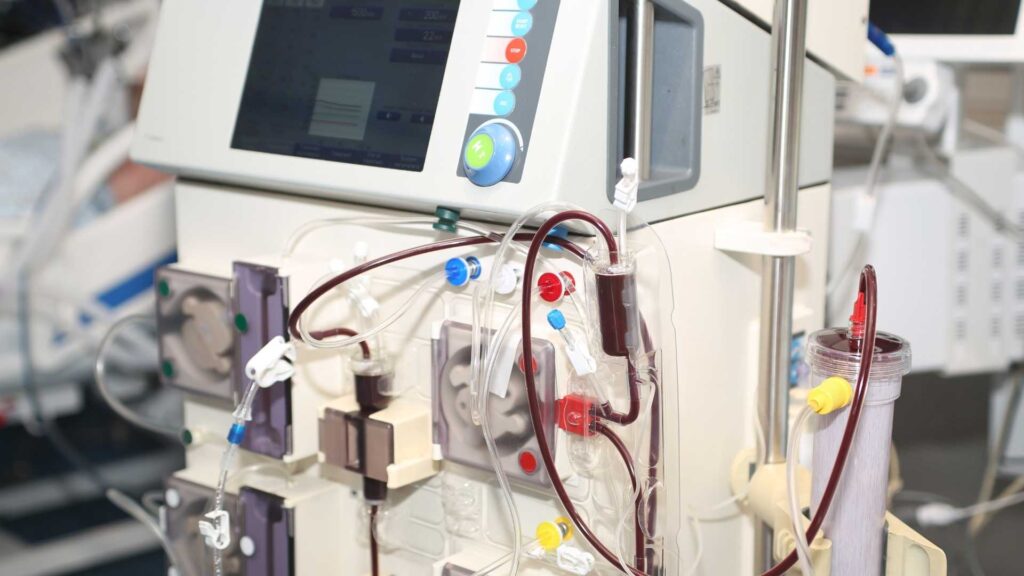What is renal replacement therapy?
It is a topic that has occupied the minds of health professionals and patients for many years now. Renal Replacement Therapy in Kolkata This is a procedure that substitutes the kidney’s normal filtration function with a nutraceutical agent. It is used primarily when the kidneys aren’t functioning well, which is known as kidney disease and is sometimes associated with acute renal failure (ARF). There are two major conditions in which this procedure may be useful: • One is dialysis. The nutraceutical helps the kidneys filter out minerals and water in the blood so that waste products can be excreted and transported away. • The other is chronic kidney disease (CKD), in which the kidneys gradually lose their filtering abilities, ultimately leading to dehydration, proteinuria, and blood acidosis. A drug such as a dialysis buffer is typically introduced into the body in dialysis treatment, usually initially via an intravenous drip. After several days, it is taken up directly in the urine by the patient. For patients with CKD (creative kidney failure), the nutraceutical is usually taken orally but may be taken in an intravenous form if the renal condition requires it. When kidneys fail to filter out enough fluids to ensure adequate hydration for patients with CKD, they may develop “urea retention” – the retention of excessive fluid within the body, causing edema and inflammation. Information about CKD, renal failure, and kidney disease is readily available on the internet. But kidney disease is a delicate subject, and I don’t recommend any patient try to self-diagnose unless they have had a close experience with their condition. Kidney Transplant Physician in Kolkata have attempted this, and only after thorough testing.Types of renal replacement therapy
Three types of renal replacement in Kolkata therapy are commonly used by patients with acute renal failure: dialysis, ureteral switch, and IV hydration. All these methods are used to replace the function of the kidney (the filtering organ responsible for removing waste products from the body) to maintain adequate levels of fluids in the body. • Dialysis Dialysis is a procedure wherein the body’s kidneys are permanently attached to an infusion bag containing drugs required for administering dialysis treatments. This method helps reduce the wastes that are produced in the body by the kidney. Dialysis can take place in various settings, such as an operating room or in a hospital ward. • Ureteral switch The second type of therapy is the ureteral switch, which replaces the permanently attached kidneys to the infusion bag. This method is not recommended for patients who have chronic renal failure. • Permanent Transport The third type of therapy is permanent transport, which involves placing an artificial kidney into the body to function normally. It is used in severely injured patients who cannot be switched to dialysis as they need a continuous supply of fluids for their wounds. These methods can be used for both adults and children who have chronic renal failure.Which therapy is best for a patient?
If a patient has been diagnosed with acute renal failure, they may be placed on one of the three main therapy regimens based on the condition. These include a higher dialysis dose, a low-flow intravenous line, or a home dialysis machine. To determine which therapy is best for a patient, blood work is often done to assess the need for particular medications. Once this is done, the doctor will decide which regimen would be best for clearing the patient’s body of toxic wastes to regain a healthy level of health.Procedure for Renal Replacement Therapy in Kolkata
The procedure usually takes place in the hospital or the surgical center and is performed under general anesthesia. Afterward, the patient will have to stay in the hospital for some days before being released to home. When the patient stays in the hospital, his ureters will be replaced by tubes, and a saline solution will be provided in the patient’s bladder. These are the basic things about this kidney disease treatment. There is a Doctor named DR. Sunil Kumar From Save Kidneys In Kolkata for the best Renal Replacement Therapy in Kolkata.Benefits of the procedure for patients
The procedure has many benefits for patients who have kidney disease. First of all, it improves the condition of the patient who is undergoing it. Patients who undergo the procedure feel better because they are no longer dealing with kidney disease. It also allows them to live a longer life. In addition to these benefits, those who have kidney problems and don’t want to undergo the surgical route can use it since it doesn’t involve any major surgery.Who Needs Renal Replacement Therapy?
The answer to that question is quite simple. Anyone who has ever had a heart valve or a circulatory problem in the past knows very well that it can be a real pain. It is sometimes impossible to get any health care, let alone the best possible medical care for the problem. Precautions to be taken before treatment There are so many things to consider when you think about it, and too often, people are faced with the terrible decision of choosing between life and health. But, what is truly incredible is that there are now several different types of medical treatment available for those with serious heart and circulatory problems, some of which are not so much painful as they are unnecessary.Common Treatments for Renal Replacement Therapy
One of the more common medical treatments for people with cardiomyopathy is Renal Replacement Therapy or RRT for short. This term is used interchangeably with Cardiomyopathy and Renal Resection, but they are two separate conditions. The first condition refers to diseases that cause muscle function loss and fluid retention in the abdomen and legs. The second condition is a disorder of the kidneys and involves kidney disease. The treatment options for those with Cardiomyopathy and Renal Resection Disorder are the same. Still, the goal for those with RRT is to restore electrolyte balance and prevent the kidneys from deteriorating further so that the patient can eventually regain complete health.Continuous Renal Replacement Therapy
Continuous Renal Replacement Therapy (CRRT) is currently the standard for patients with severe chronic kidney failure. The treatment using this form of dialysis continues until the patient can maintain a steady rate of blood withdrawal without experiencing a negative metabolic risk factor, including unintentional weight loss and vomiting. CRRT involves replacing one kidney with an alternate kidney to replace the lost organ in a chronic kidney disease patient.Patients with Independent dialysis treatment
Patients who undergo ongoing dialysis at an independent dialysis clinic are candidates for continuous renal replacement therapy. Independent dialysis facilities have the authority to approve or disapprove of CRRT according to whether or not the procedure is done under local operating regulations, state regulations, or a waiver of consent. Several independent dialysis facilities do not allow CRRT to be performed on their patients because of the high cost of performing the surgery and the risks involved in the procedure. Patients with a weak immune system are at a greater risk of complications after receiving CRRT, and therefore, the procedure should only be performed on immune-compromised patients. Patients should also be instructed to refrain from ingesting large amounts of protein, fats, or carbohydrates before or after surgery. These ingredients may affect the blood’s ability to absorb nutrients.Patients with Continuous Replacement Therapy
Patients diagnosed with chronic kidney disease but are still eligible for home dialysis can request that the facility perform continuous renal replacement therapy (CRRT). The dialysis facility will usually perform diagnostic tests to determine patients’ suitability for CRRT before recommending CRRT. Some patients will undergo blood transfusions to replace lost fluids during CRRT, while others will receive IV fluids. Some patients undergoing this procedure will be required to undergo an overnight stay at a hospital following the procedure. Patients who undergo continuous renal replacement therapy (CRRT) are at a higher risk of mortality compared to those who do not undergo the procedure.If you are looking for Renal replacement therapy in Kolkata. In that case, this is the best place to get knowledge about renal replacement therapy in Kolkata, how the procedure is done, and who needs to undergo Renal Replacement Therapy in Kolkata.

